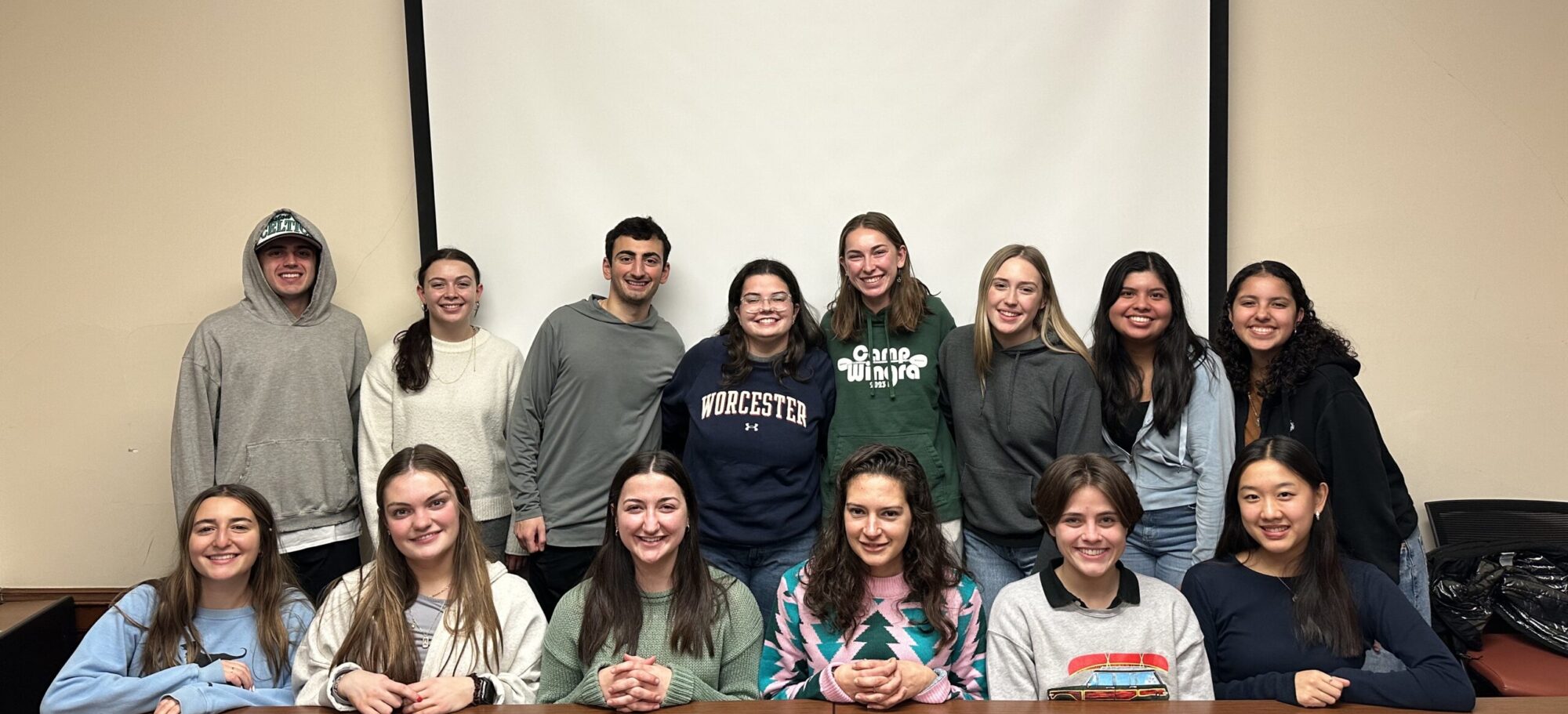It had been a while since I had formally participated in CBL, so arriving at Training Resources of America (TRA) for my first day a few weeks ago was a little nerve-wracking. I did not quite know what to expect walking up the stairs to TRA on my first day. However, it was in the first few minutes of meeting the ESOL teacher, Amy, and learning about what drew her to become a teacher at TRA, that I was reminded why I always enjoy time spent at CBL sites. I find joy in the conversation and connection that takes place each time I enter the doors of TRA. It was also within this reminder that I realized even though it had been a while since I drove in a Holy Cross van to my weekly site, it had not been a while since I was able to learn from and form connections with others through conversation and the sharing of stories.
Reflecting upon my year away, this value of conversation and connection certainly comes to mind when I think about my time spent in Buenos Aires, Argentina. One of the highlights of my time in Buenos Aires was simply sitting with Stella, my host mother, and my host sisters for hours at the dinner table. We discussed everything from Argentine politics and economics to Target. It was within this simple conversation and story sharing that I gained perspective and insight on what it meant to be Stella, a seventy six year old “porteña”, whose life has been incredibly different than my own. This understanding is something that would not have occurred without these conversations. These conversations helped me to set aside any expectations I had and learn an incredible amount from her about what it means to live in Argentina. Looking back upon this, it appears that CBL and its values were not too far away from us as we sat in that kitchen, a few thousand miles away from Holy Cross.
The simple act of conversation can go a long way. As CBL promotes conversation and storytelling, it allows people to learn from each other and form relationships based on mutual understanding. If I could give one piece of advice to new CBL students, it would be to set aside all expectations before arriving at your site and be willing to learn from those around you. Simply asking someone about their weekend can help start a conversation and ultimately form a relationship. It is truly through the seemingly small conversations that the greatest learning and connection can occur. This focus on connection and conversation has allowed me endless opportunities to learn and engage with others and I am so excited to continue this learning with CBL this year.


